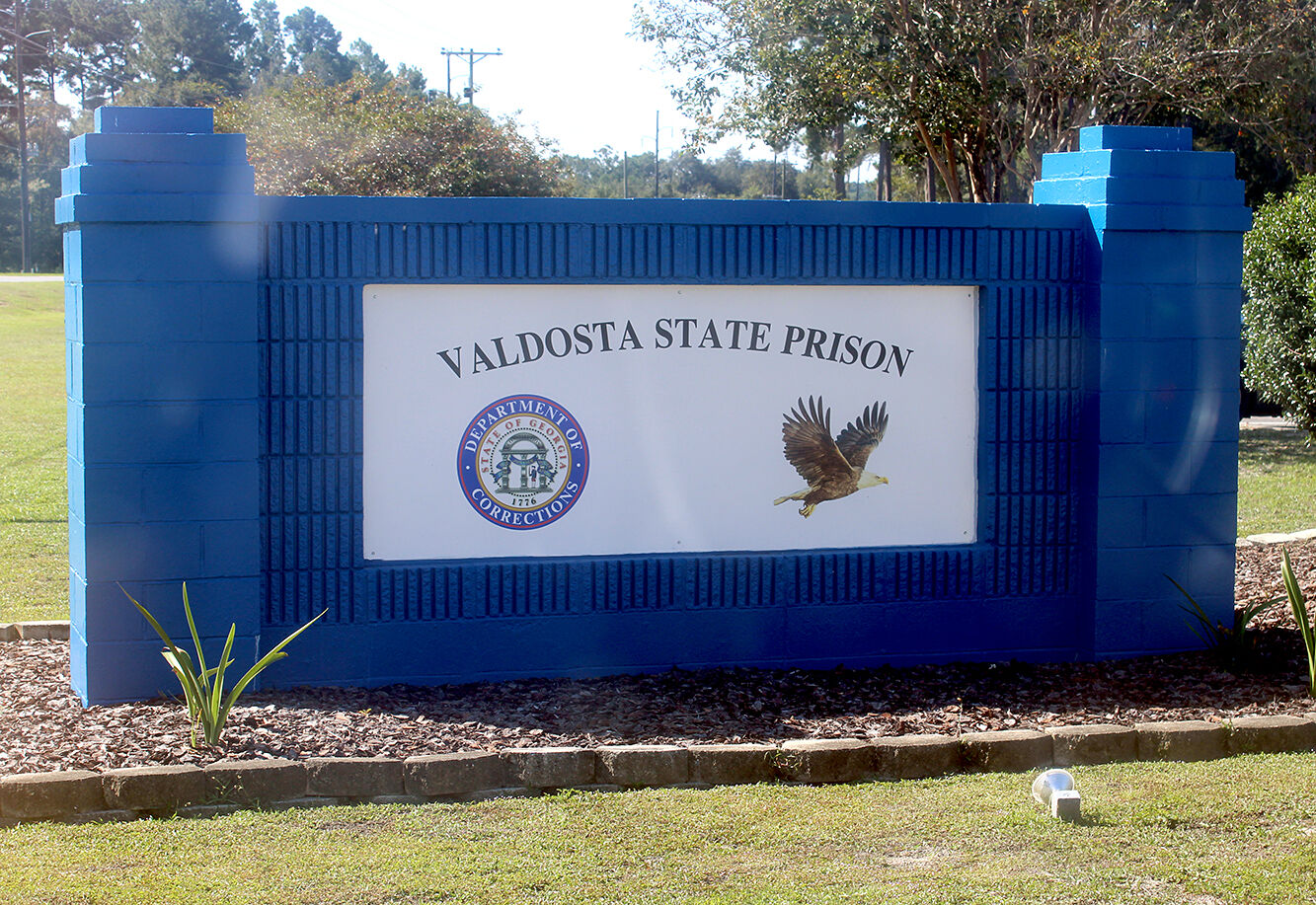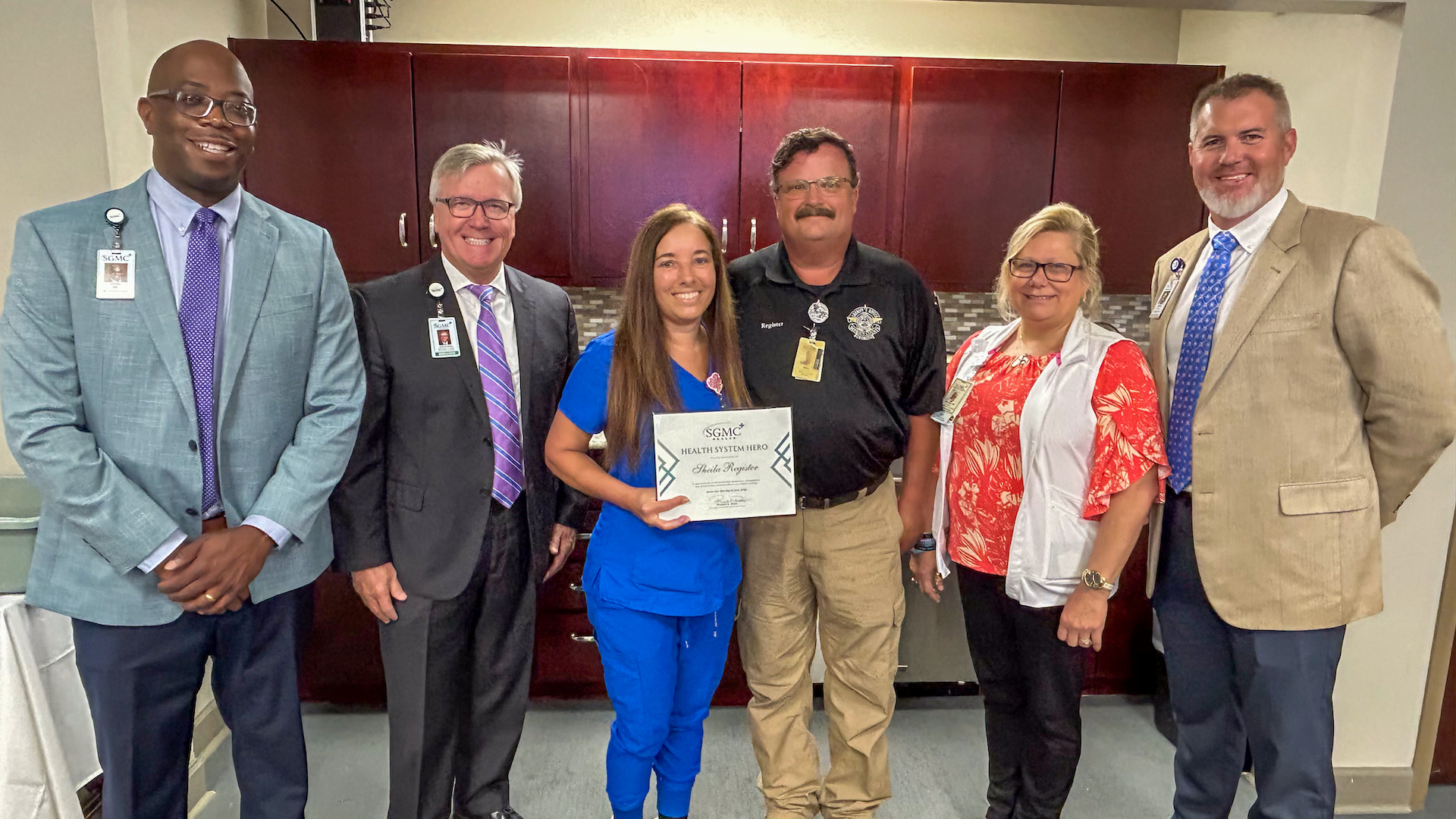EDITORIAL: Get help
Published 3:00 am Sunday, November 26, 2017
You can’t do it alone.
No matter how motivated you are or how much will power you think you have, you need help.
Opioid addiction is nearly impossible to overcome without assistance.
There is no shame in seeking the help you need.
In fact, knowing you need help and then seeking it out, takes great strength, an immense amount of courage and will be highly respected by everyone around you who truly cares about you.
The most successful treatments for opioid addiction require residential, in-patient, treatment.
Supervised medical intervention also works in some instances.
Going cold turkey, without counseling and supervision, just doesn’t work, at least not for very long.
People can argue all day long about whether addiction is a choice or a disease.
It is a senseless argument.
Regardless of how you feel about that question, there is no disputing the fact pills are chemicals, the chemicals affect the body and the brain, and those physiological and psychological effects are real.
People who say things such as, “just put it down or just stop taking it,” frankly just don’t know what they are talking about.
You didn’t become an addict overnight.
You will not get sober overnight.
In today’s edition we have continued our SunLight Project series on the opioid crisis that has included information regarding treatment facilities and programs.
The national Substance Abuse and Mental Health Services Administration also has an around-the-clock hotline: 1-800-662-HELP (4357).
According to SAMHSA, its Treatment Referral Routing Service is a confidential, free, 24-hour-a-day, 365-day-a-year, information service, in English and Spanish, for individuals and family members facing mental and/or substance use disorders. This service provides referrals to local treatment facilities, support groups and community-based organizations. Callers can also order free publications and other information.
An online treatment locater service can be found at: www.samhsa.gov/find-help/national-helpline.
If you will not seek help because you care about yourself, think about your family and friends.
Your addiction is hurting them, perhaps more than you know.
No matter how long your recovery takes, it will be worth every second of the time you spend getting better, for you and for them.
No matter how much it costs, it will be cheaper than supporting your addiction every day.
If you stay on the path you are on, the drugs will likely kill you.
Your path to a better life begins with one conversation or one phone call.
That is something you can do.
But you have to first admit you have a problem and then decide you want help.
You can get better.
You can be made whole.
You can show the people around you that you still love them.
They will undoubtedly show you the same once you reach out for real help.
You can turn everything around.
You just can’t do it alone.





